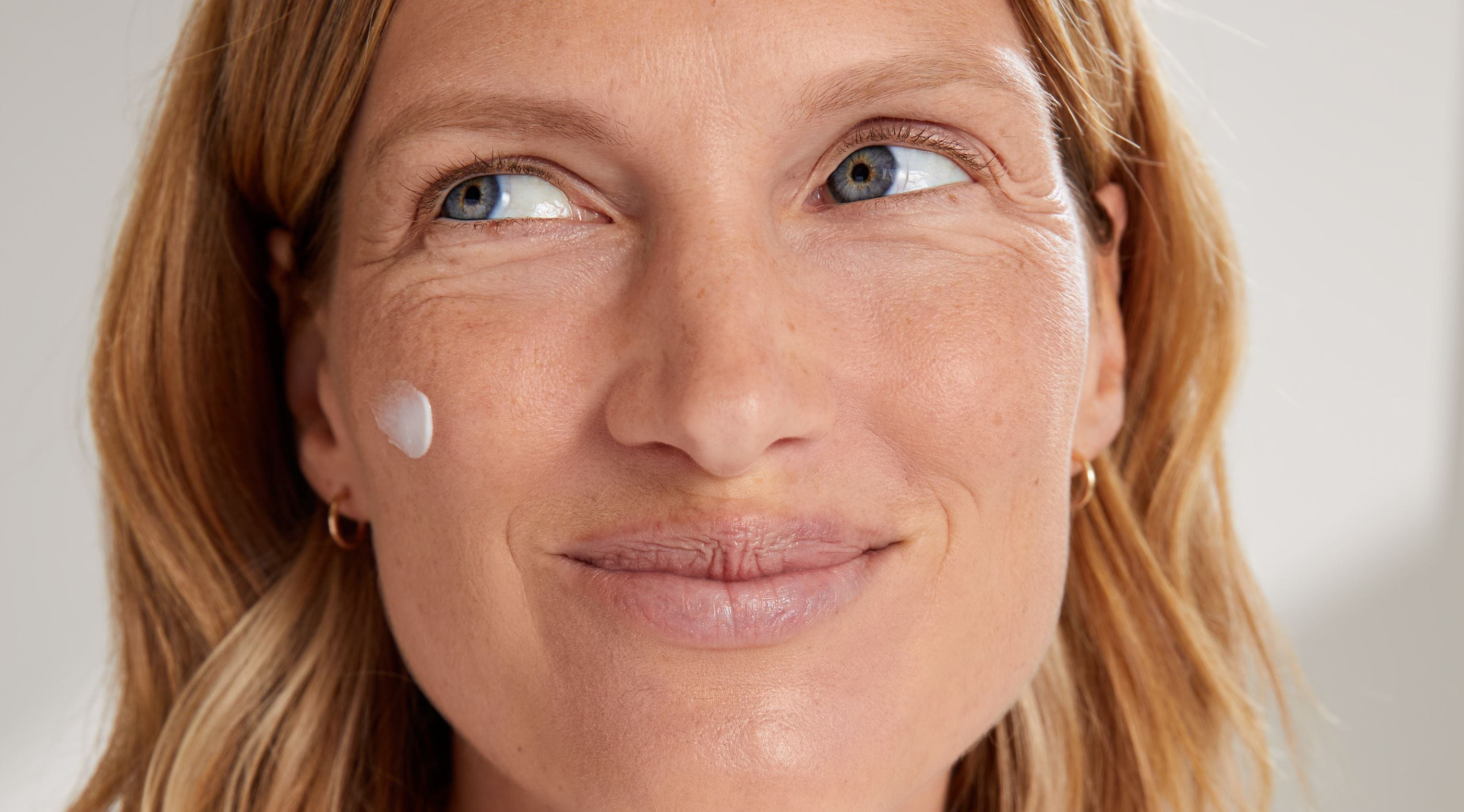
6 Benefits of Face Serums in Skincare
Discover 6 benefits of incorporating a serum into your 4-step routine.
Meet the Expert:
What Does a Facial Serum Do to the Skin?
În schimb, hidratantele și cremele simple se concentrează în principal pe hidratarea părții superioare a pielii și pe crearea unei bariere protectoare pentru a bloca umiditatea, ceea ce este esențial pentru menținerea hidratării și protecției generale a pielii.
6 Benefits of Face Serums
Quick absorption
Facial serums are formulated to promote deep penetration of ingredients into the epidermis (top layer of the skin). Their thin consistency allows them to absorb faster, delivering active ingredients where they are needed more quickly.
Targeted skincare concerns
Face serums are often designed to address specific skincare concerns such as ageing, hyperpigmentation, hydration, or blemishes. They contain high concentrations of active ingredients like vitamins, antioxidants, Peptides, or Hyaluronic Acid to tackle these concerns more effectively.
Lightweight texture
Unlike heavy creams, face serums have a lightweight texture that feels comfortable on the skin. They do not leave a greasy or sticky residue, making them suitable for most skin types, including oily and blemish-prone skin.
Enhanced efficacy
Due to their special formulation and generally higher concentration of active ingredients, facial serums often deliver more visible and faster results than other skincare products.. They can help to improve the appearance of fine lines, wrinkles, dark spots, and uneven skin tone with regular use.
Layering adaptability
Face serums can be easily layered with other skincare products such as moisturisers and sunscreens. They can be an effective first step in your skincare routine without interfering too much with the absorption and effectiveness of subsequent products.
Protection against environmental damage
Many face serums contain antioxidants like Vitamin C, and Vitamin E, which help protect the skin from environmental aggressors such as pollution and free radicals generated by UV rays. Combined with the use of sun creams and other methods of protection, this can help prevent the signs of premature ageing and maintain the skin's health.
Overall, incorporating a face serum into your daily skincare routine can help improve the healthy appearance of your skin by targeting specific issues and, depending on the formula, helping to provide moisture protection.

What Facial Serum to Choose for Your Skin Type?
What Facial Serum to Choose for Your Skin Concern?
what does serum do for your face
How and When to Apply a Serum to Your Face?
NIVEA Luminous Range
How to Layer Serum?
Serum layering refers to the practice of applying multiple serums in one skincare routine to address different skin concerns. You may already use one serum, but layering two or more serums can enhance your skincare routine by combining the benefits of various active ingredients. Serums usually have lightweight formulas, allowing them to be applied one after the other without overwhelming the skin. You can layer several serums depending on your skin’s needs, but it’s essential to pay attention to which ones combine well.
A word from our expert:
Layering serums allows you to customize your skincare routine based on your skin’s changing needs. Starting from a rather dry skin condition, the NIVEA Cellular Expert Filler Vitamin C Serum was already able to provide good moisturising performance. We then layered the NIVEA Cellular Expert Filler Hyaluron Replumping Serum with the Vitamin C Serum: the entire face was clearly moisturised on top."" – Dr. Mahns**
Layering serums with different active ingredients
NIVEA LUMINOUS630 Even Glow Serum
NIVEA Cellular Expert Serums
Summary
You can achieve healthier, more radiant skin by incorporating a facial serum tailored to your specific skin type and concerns. Regular use of face serums, along with proper application techniques, can significantly enhance the overall effectiveness of your skincare regimen.
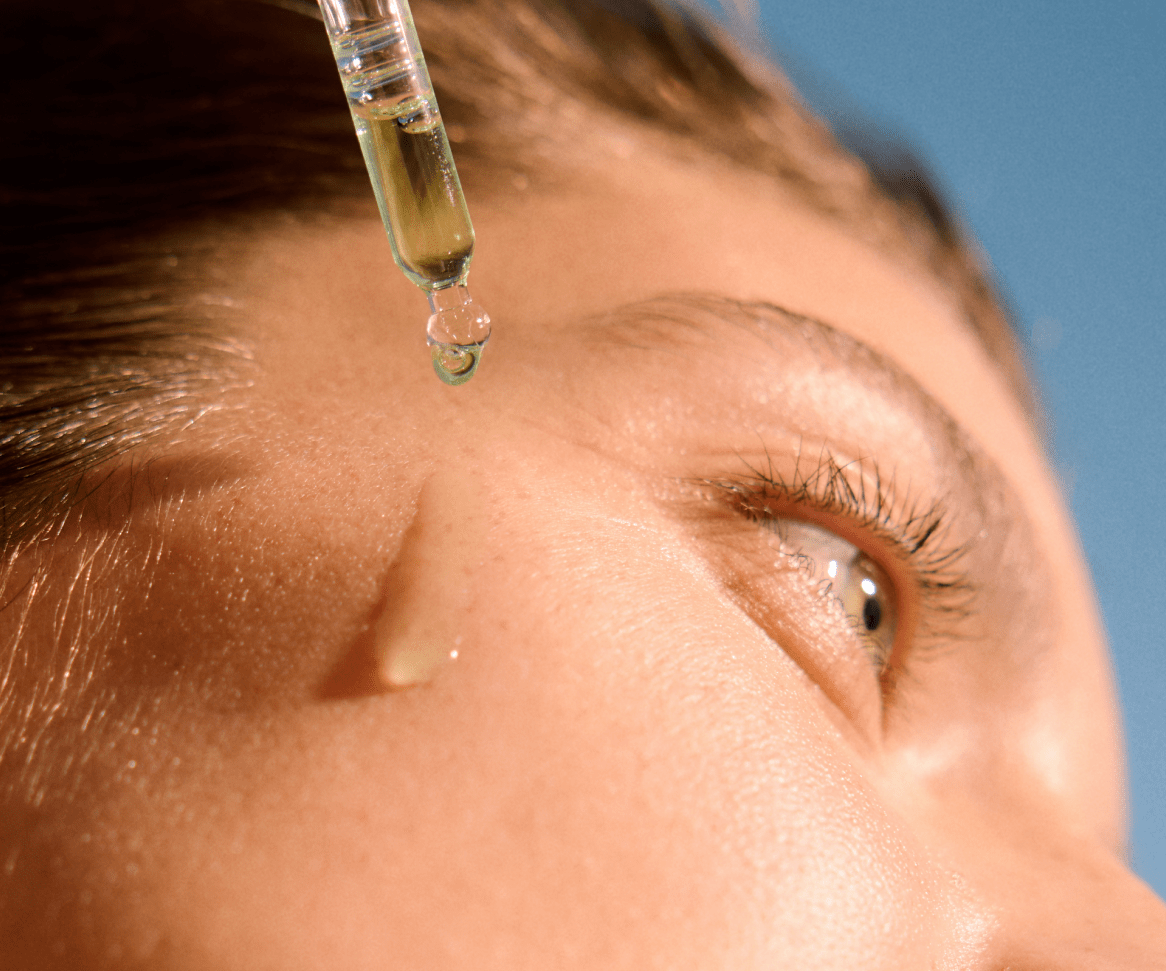
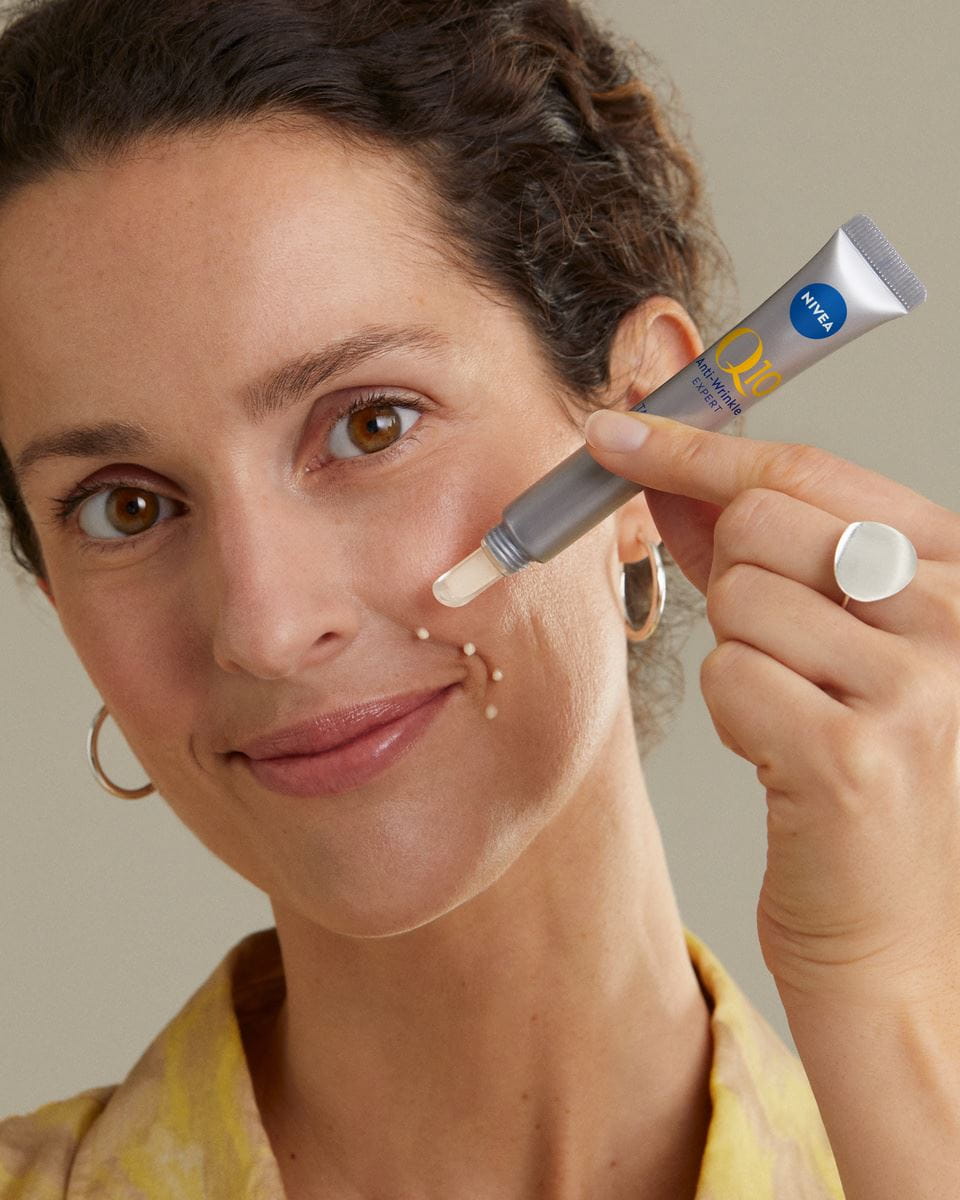
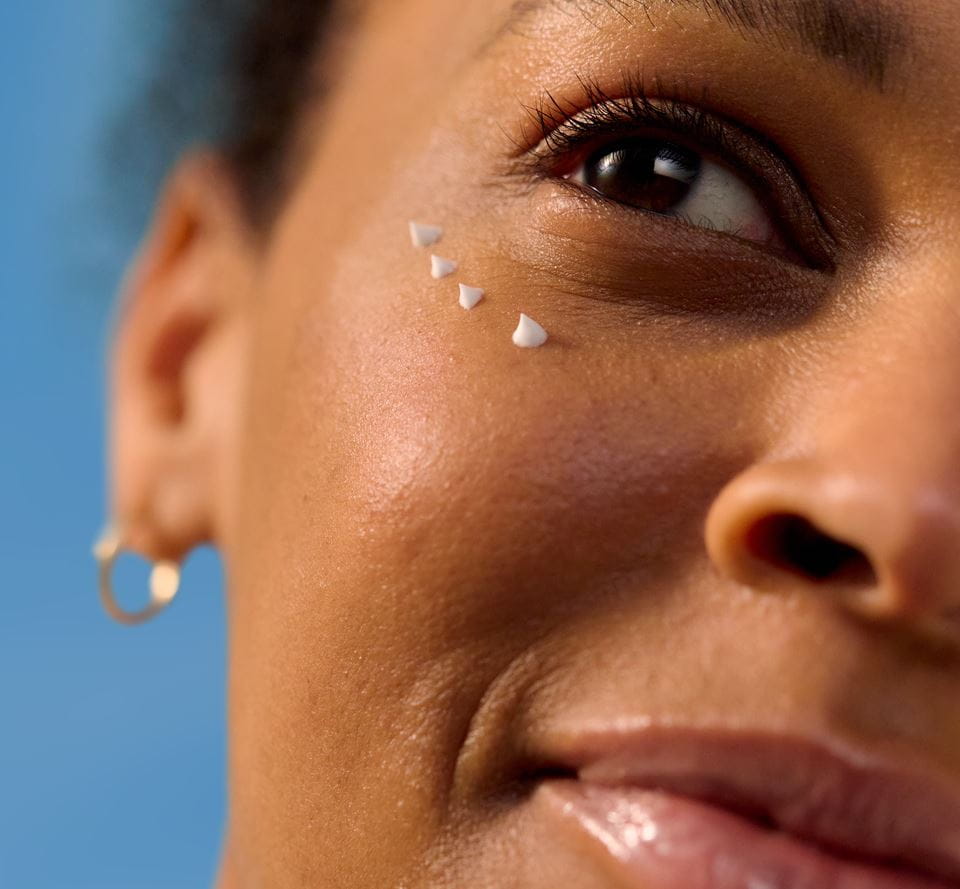
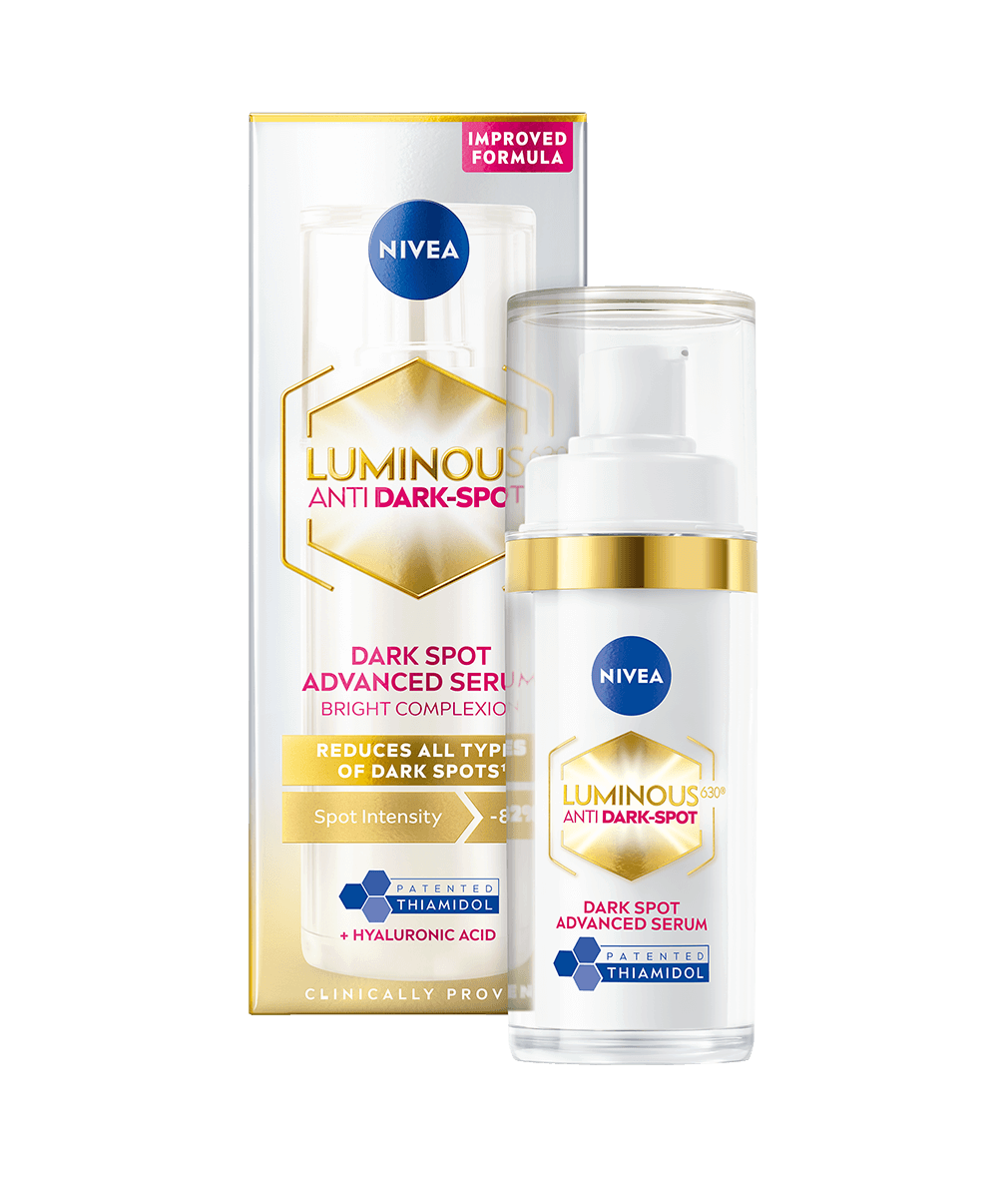
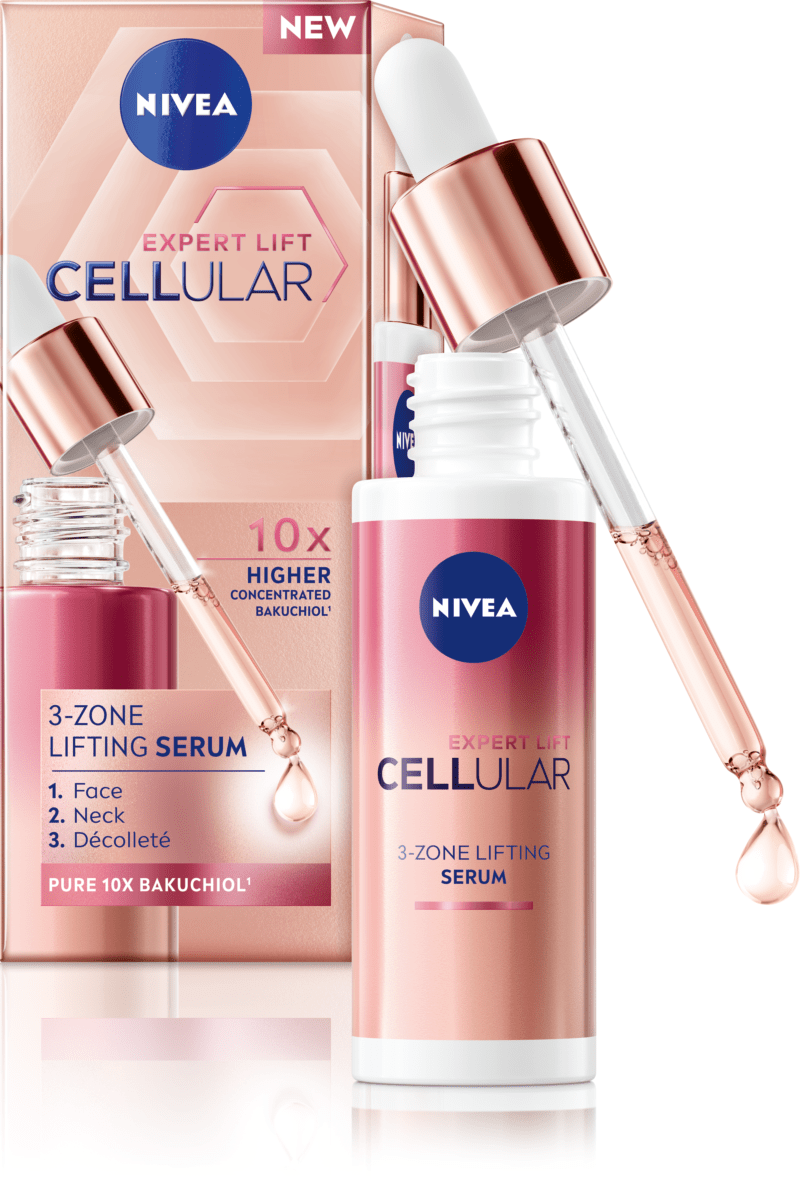
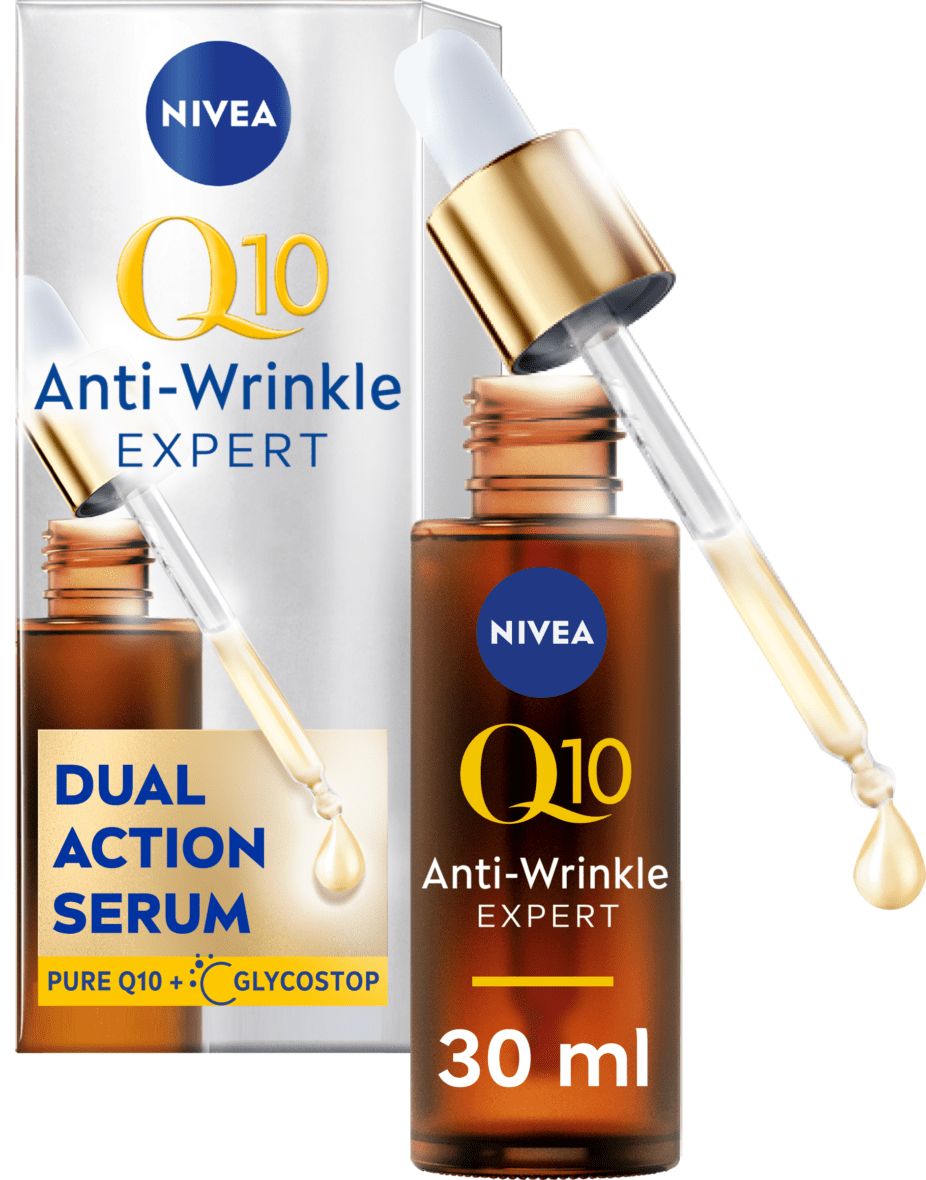
.jpg?rx=0&ry=889&rw=2807&rh=1557&hash=91E592A213841AD025659EBFA3A88910)
